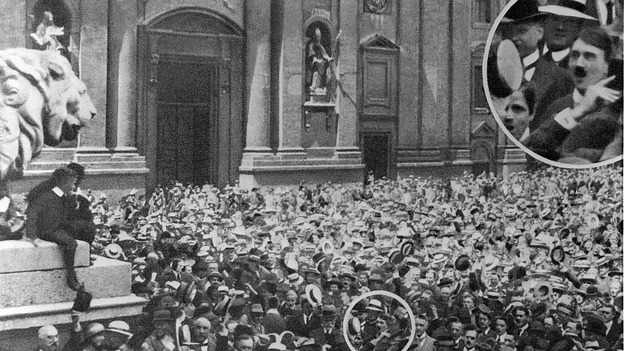The spectre of Hitler

As a historian, I am fascinated by Hitler. Of course, he is the most studied persona not just in modern history, but perhaps all history. The phenomena of Hitler - his impact - has led to the creation of specialist areas of research within the history profession, as well as new disciplines such as social psychology. And yet, he is still very fresh - new biographies and histories of Hitler years come up all the time - throwing up new perspectives all the time. Part of reason for this is the difficulty of studying Hitler. His odious, short-lived regime ended in flames. He, in person, disappeared from history as suddenly as he appeared, giving a free hand to conspiracy theorists. The world that emerged from the rubbles was divided, one where truth became a political weapon. The Nazi disruption became veiled by an iron curtain, which, we should not forget, had two sides. With him conveniently dead, Hitler became the ultimate bad guy, as all shades of enablers and collaborators looked to re...


